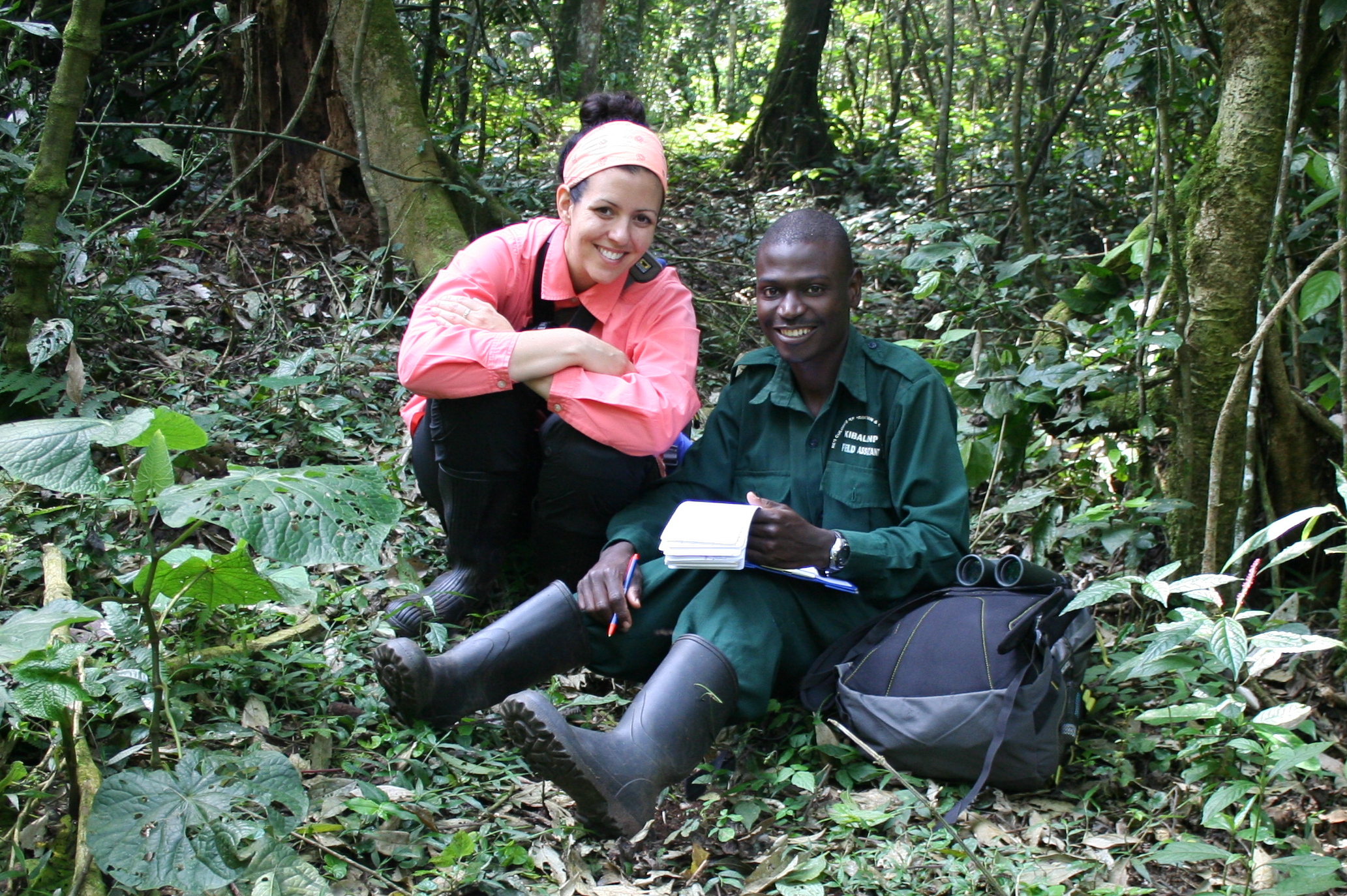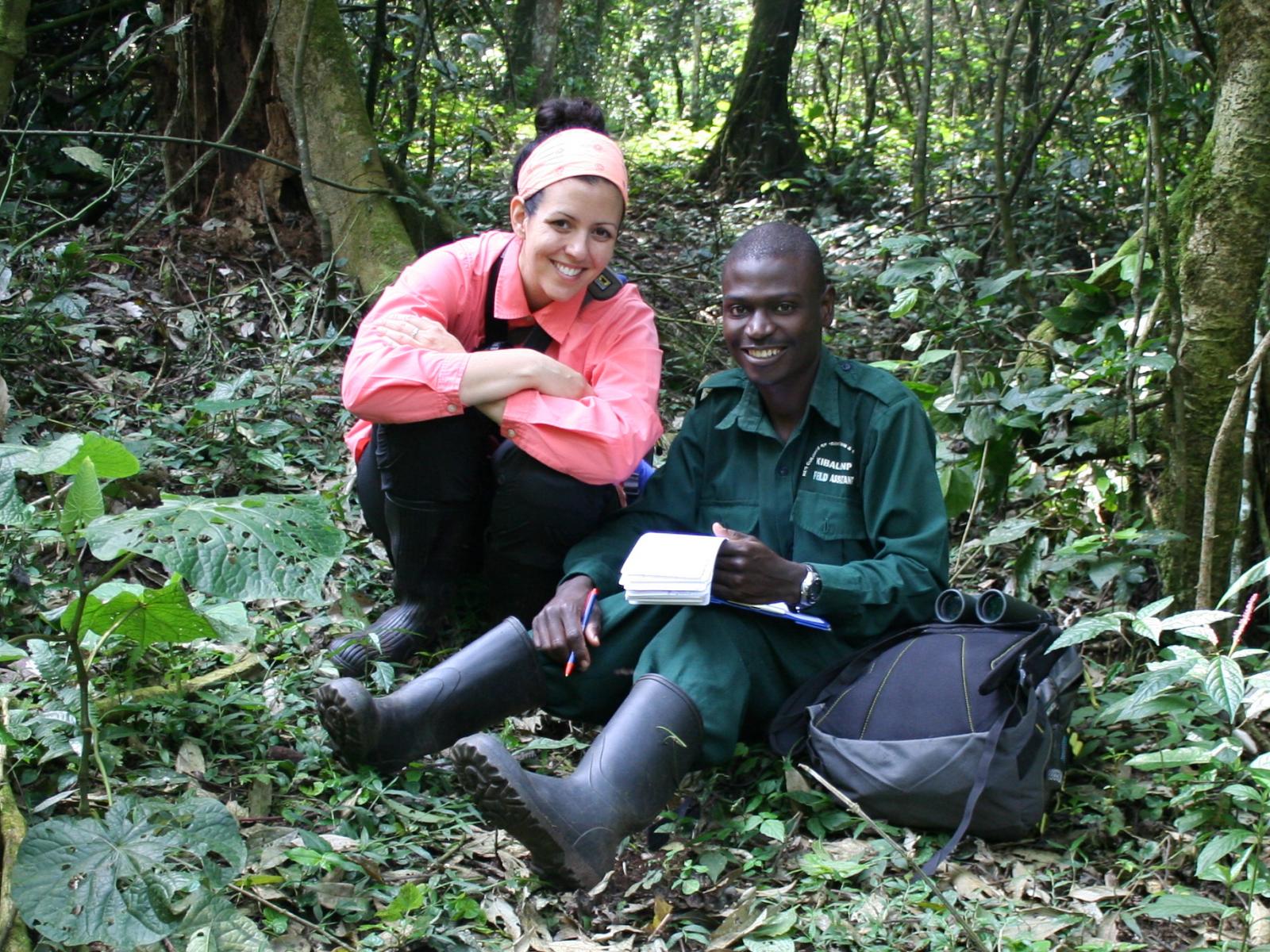An Overview Of Our Solution
- Population Impacted:
- Continent: Africa
Organization type
Population impacted
Size of agricultural area
Production quantity
People employed
Describe your solution
Describe your implementation
External connections
What is the environmental or ecological challenge you are targeting with your solution?
Describe the context in which you are operating
We work with subsistence farmers with land that borders Kibale National Park, Uganda. Only 19% of our participants have any other source of income aside from farming. The majority (81%) of people are subsistence farmers with no other source of money or food. The land is fertile in the area and farmers are able to grow a large variety and volume of food even on small pieces of land; however, their food is regularly destroyed by wild animals that crop raid, leaving the farmers nothing to eat. Our project has implemented land-use changes that both create barriers to crop raiding animals and provide alternative sources of income for farmers. Honey, tea, and garlic all have good markets in Uganda and are sustainable products that can be maintained and produced continuously after the initial investment. The project was requested by members of the local community and is a community-based, Participatory Action Research project, which means that each participant makes decisions about what land-use changes they want to participate in and then maintains those items and takes part in determining the effectiveness of those strategies on reducing crop raiding and improving the economic stability of their household. Thus, our true aim is to empower local communities with the knowledge and resources they need to promote their own economic development and reduce the human-wildlife conflict that threatens the conservation of biodiversity.
How did you impact natural resource use and greenhouse gas emissions?
Language(s)
Social/Community
Water
Food Security/Nutrition
Economic/Sustainable Development
Climate
Sustainability
Our project has been funded by granting agencies that have provided money for implementing these land-use changes, paying research assistants to collect survey data, and my travel to Uganda to provide training and mentorship. It will continue to need grant money for those reasons for the next 2-3 years; however, after data collection is complete, the project will no longer need outside support. The land-use changes we have implemented are self-sustaining and will not require continual support from outside agencies. There is hope that the communities will see economic growth from market-based revenue from the selling of tea, garlic, and honey. Thus, the benefits of this project should have long-lasting effects.
Return on investment
Entrant Image

